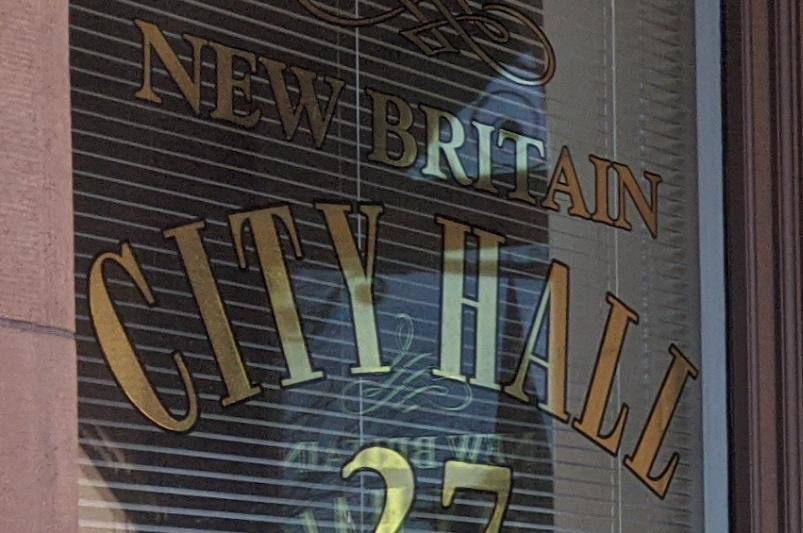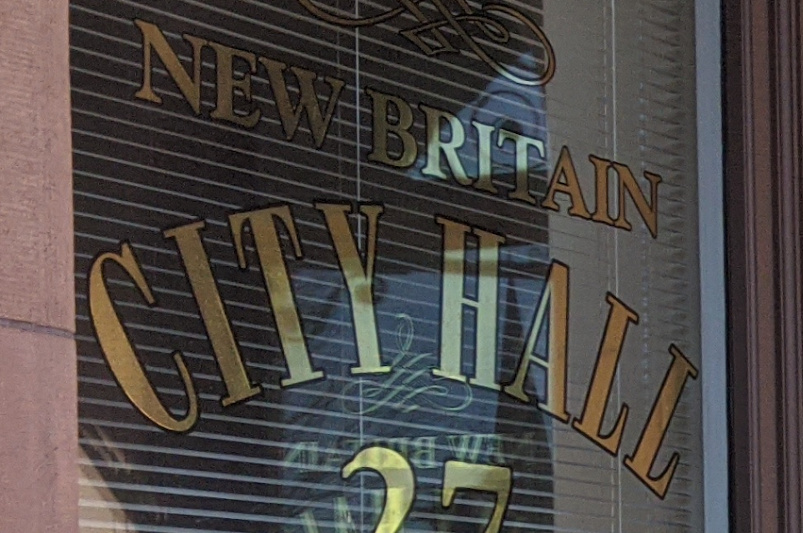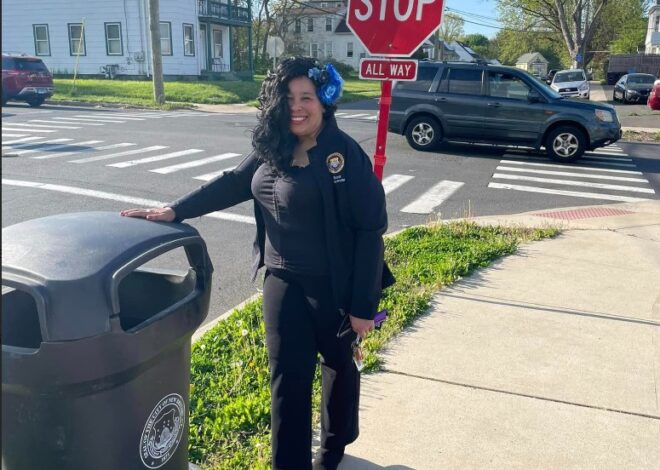The city Charter Revision Commission held its first public hearing and set the agenda of issues to be discussed at future meetings.

The public hearing, held, Tuesday, March 1, 2022, was sparsely attended, with one former Democratic Council member, former Ald. Francisco Santiago (D-5), the only speaker.
Under state law charter revision commissions are required to hold at least two public hearings, “one prior to the beginning of any substantive work,” and, “one after the draft report to the appointing authority has been completed, but not submitted, after which hearings the commission may amend such report.”
The Commission now plans spend its next four meetings discussing the four matters that the City Council charged it with exploring when the Council voted to set the charter revision process in motion.
The 12 to 3 Republican-dominated Council made changing the City Charter one of its first objectives, initiating the charter revision process at its January 26, 2022 meeting.
On March 8th, the Commission plans to take up a proposal by the Council to, “Remove provisions related to boards and commissions that are unnecessary or no longer exist and replace them with references to existing boards and commissions.”
The Council proposal to, “Change the Collector of Taxes and City and Town Clerk from elective positions to appointed positions,” is to be considered by the Commission on March 10th. Both of those elected positions are currently held by Republicans.
On March 22nd, the Commission plans to take up what is likely the most meaningful proposal, changing, “the Common Council election provisions to a ward system with a minority party representation requirement in each ward.”
Under the current City Charter, the Council consists of two Council members elected from each of the city’s five neighborhood-based Council districts, called “wards”, for a total of ten Council members representing neighborhood districts. Five additional Council members are elected at-large from the whole city.
The effect of what the Council’s suggested charter change proposes is unclear, but any change that decreases the number of Council seats elected by neighborhood districts, or decreases the number of Council districts, may face tough scrutiny under the federal Voting Rights Act.
Finally, on March 24th, the Commission plans to take up the Council’s proposal to, “Include provisions outlining the position of a Chief Administrative Officer to work in conjunction with the Mayor for the daily management of the City of New Britain.”
The Commission then plans to consider other possible changes, including at a March 29th meeting. Once appointed, state law also allows charter revision commissions to consider any other charter changes that they choose.
Charter revision commissions are required under state law to hold at least two public hearings, “one prior to the beginning of any substantive work,” and, “one after the draft report to the appointing authority has been completed, but not submitted, after which hearings the commission may amend such report.”
The Council required that the Charter Revision Commission to submit its draft report on any proposed charter changes by June 3rd.
The Council would then be required to hold at least one public hearing on those recommendations. After that, the Council may make recommendations for changes to the proposals or accept the Commission’s report as final. If the Council proposes changes, the Commission considers whether to accept them and then submits its final report.
Then the Council considers the proposed Charter changes for a final up or down vote, with a majority of the total membership of the Council, eight of the fifteen, needed to approve the changes.
If the Council approves of any such Charter amendments, they then place any proposed amendments on the ballot in a referendum, at which time the city’s voters would have the chance to accept them or vote them down.
A city or town’s charter is its main governing document, similar to the federal or a state constitution, but only concerning the management of the local government. The charter is above ordinances, local laws, approved by the Council, which must follow the charter. The City Charter is still subordinate to the state Constitution and laws.
The Charter Revision Commission’s meetings are in City Hall at 27 West Main Street.




